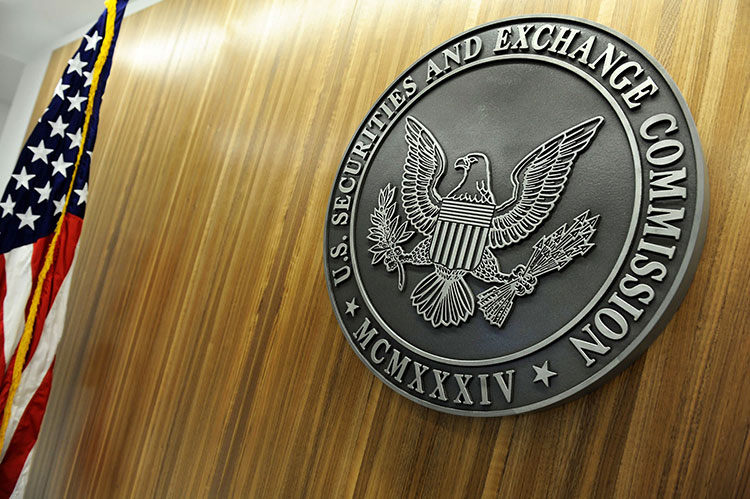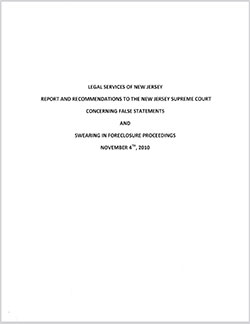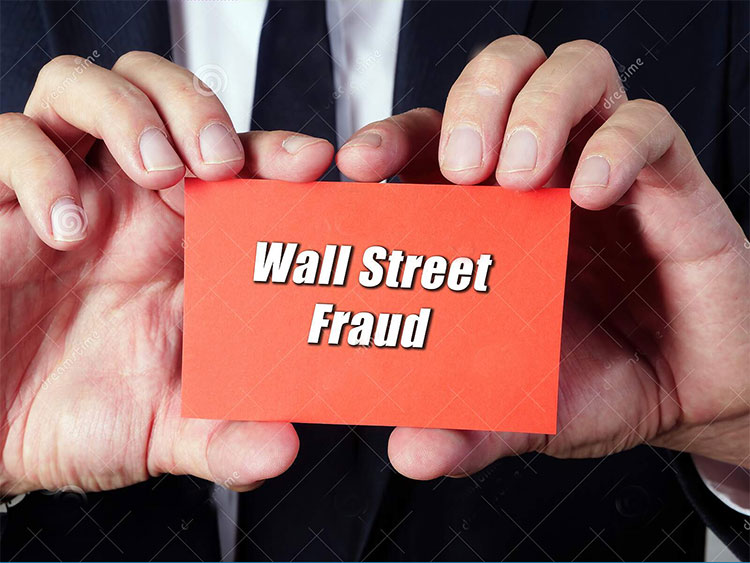Bankruptcy as Foreclosure Defense Using Adversarial Actions
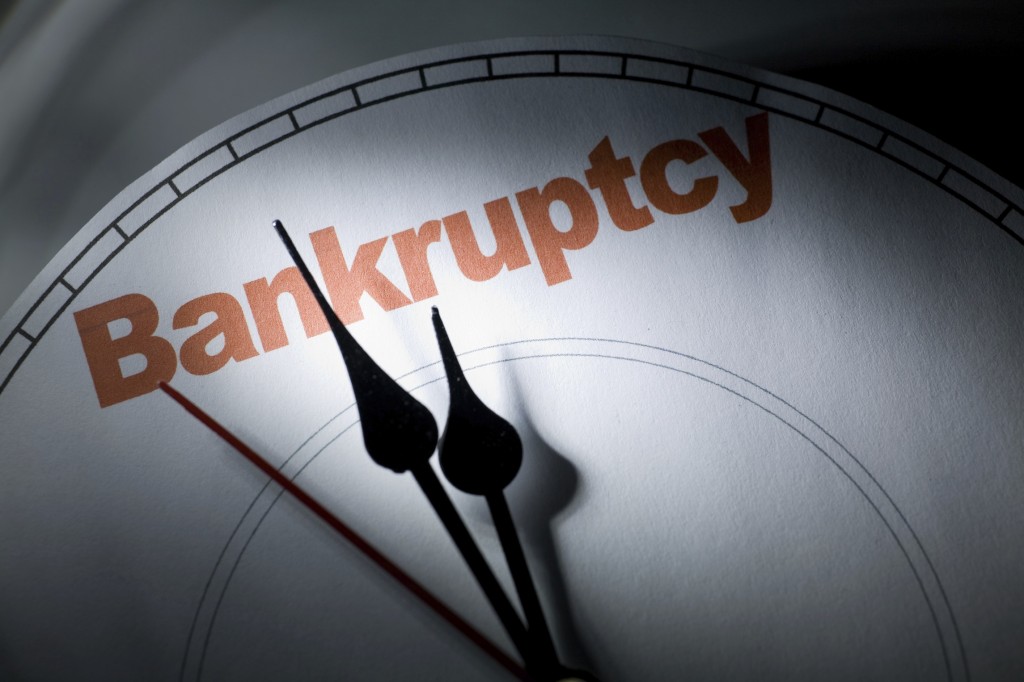
In the ongoing struggle to save homes from foreclosure, homeowners often find themselves backed into a corner, feeling as if they’re facing an unstoppable force. The clock is ticking, the auction date is looming, and desperation sets in. But, what many don’t realize is that there are powerful tools available to fight back, even in the eleventh hour. One such tool that can shift the balance of power is the adversarial action in bankruptcy court.
What is an Adversarial Action?
An adversarial action is not just another step in the bankruptcy process; it’s a full-blown lawsuit within your bankruptcy case. When you file for bankruptcy, you’re not simply waving the white flag. Bankruptcy initiates an automatic stay, effectively halting the foreclosure process in its tracks. This buys you time – time you can use to challenge the claims being made by your lender. And with an adversarial action, you’re taking that challenge directly into the courtroom, forcing the party attempting to foreclose to prove they even have the right to do so.
Why is This Critical?
Understanding the shaky foundation many foreclosure claims rest upon is key. The party trying to foreclose often lacks the proper legal standing. Whether through sloppy paperwork, questionable mortgage assignments, or sheer negligence, lenders frequently fail to maintain the proper documentation or authority to foreclose. The mortgage may have changed hands multiple times, sold to different entities, or bundled into securities. In many cases, the party claiming to own your loan isn’t even the rightful holder of the note. By filing an adversarial action, you compel the lender to prove their case in front of a judge, a move that can stop a foreclosure dead in its tracks.











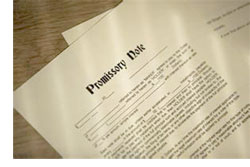 The banker responded by saying, "This is a promissory note."
The banker responded by saying, "This is a promissory note." The banker quickly responded, saying, " We have the borrower sign the note and we give the borrower a check."
The banker quickly responded, saying, " We have the borrower sign the note and we give the borrower a check."




